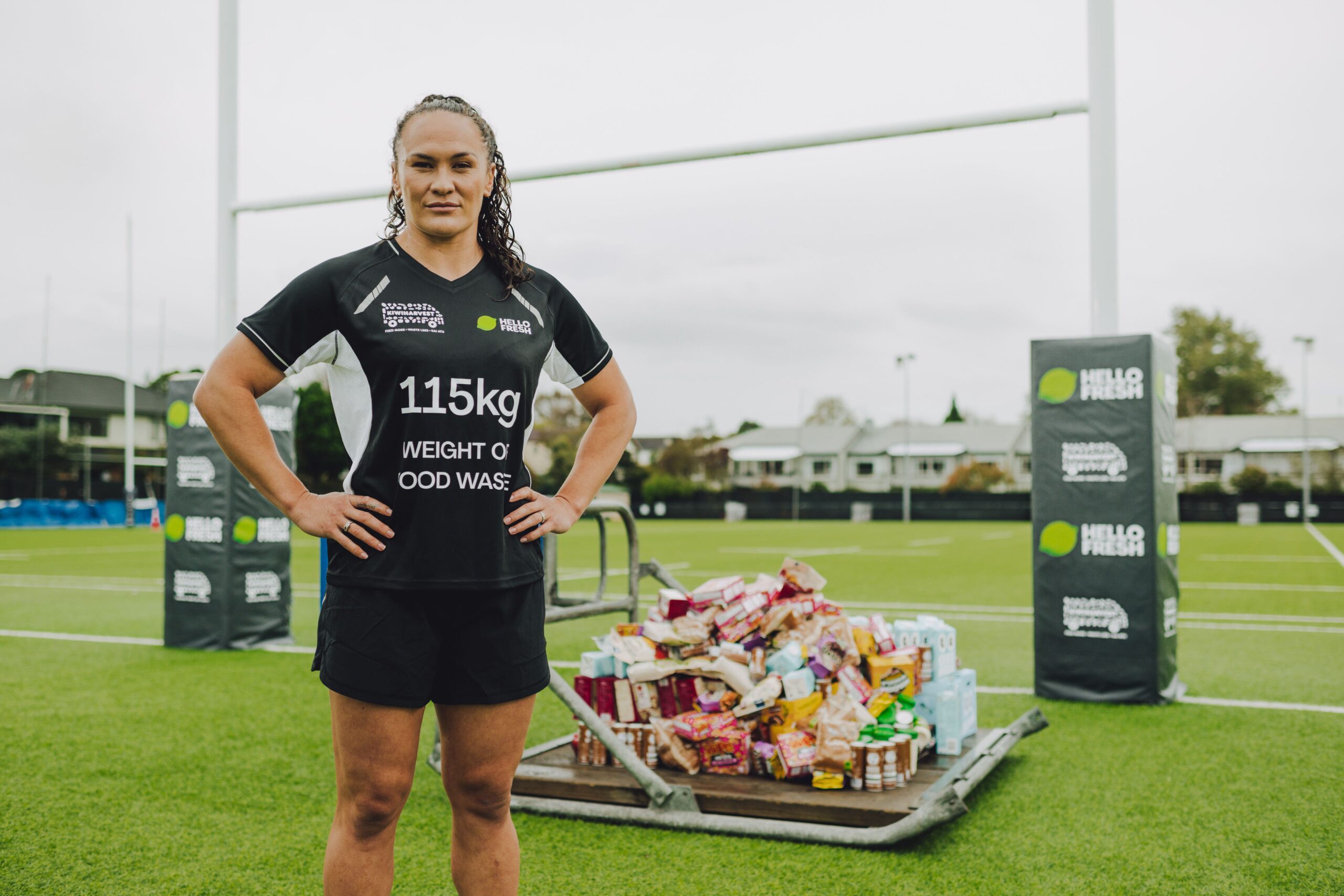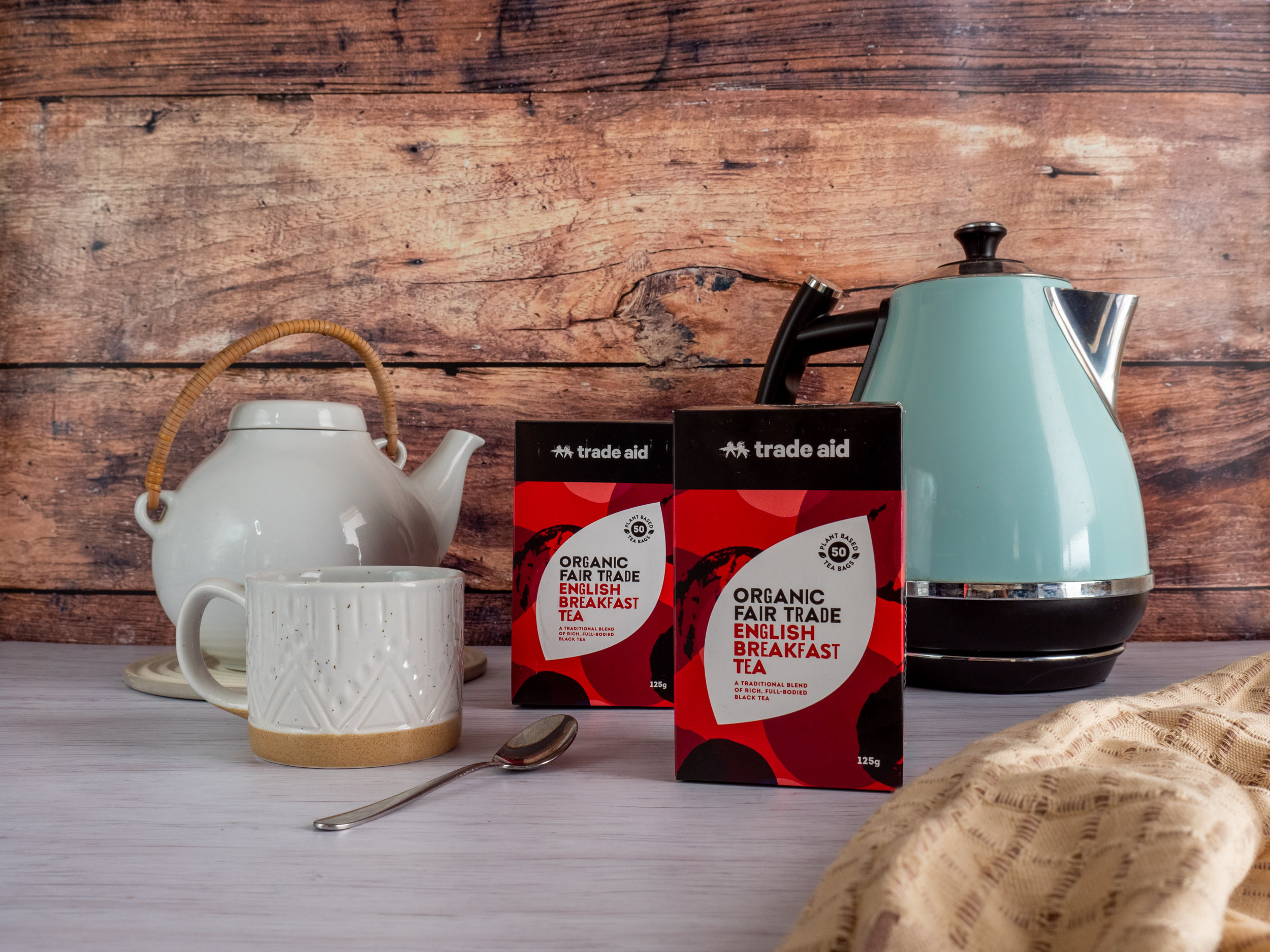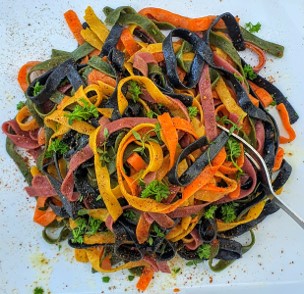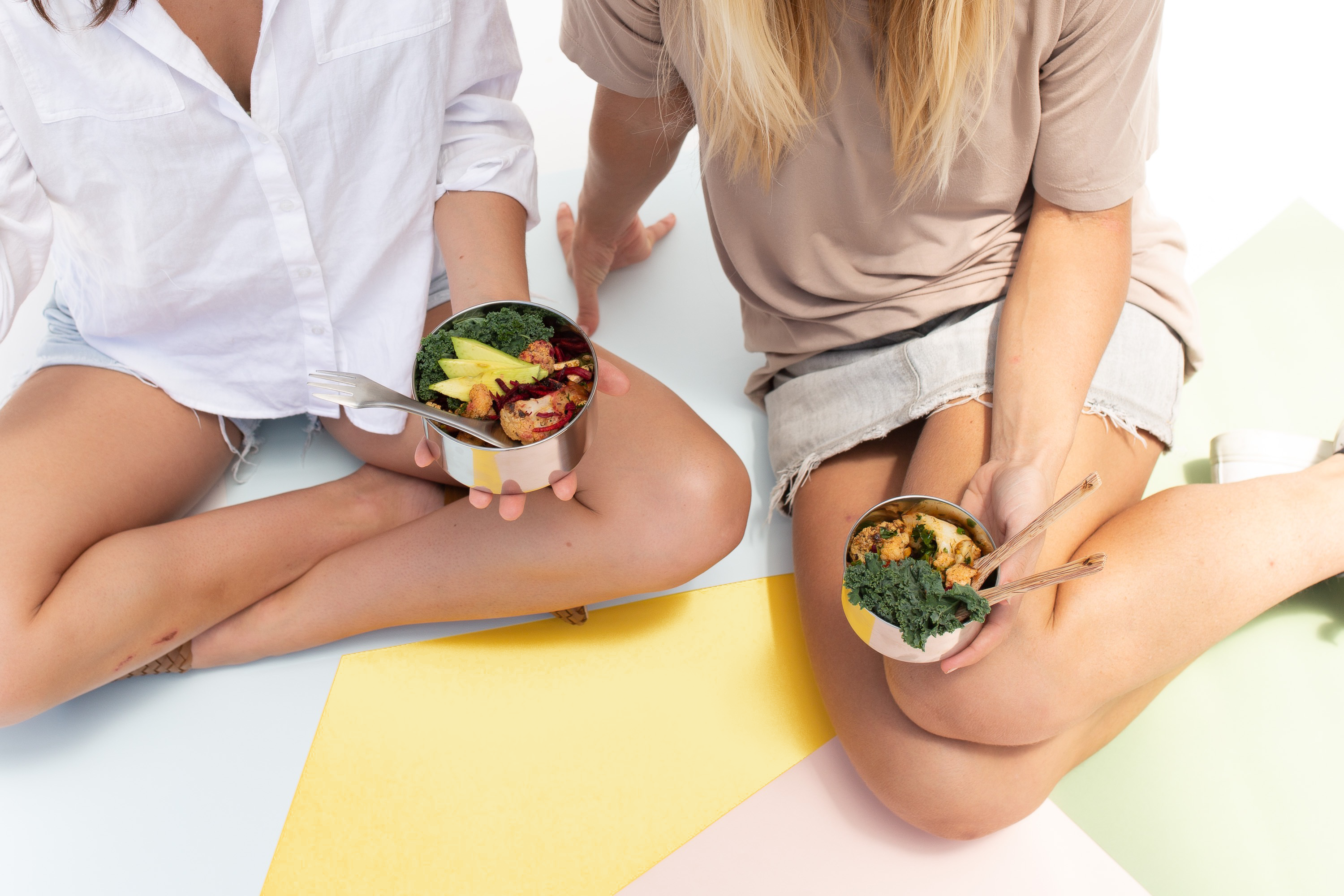Every year, Kiwi households are responsible for a minimum of 115 kilograms of good food going to waste. Not only does this cost up to $1,520 per household each year, meaning nationally we are throwing $3.1 billion worth of food in the bin, it is a huge environmental concern and a major source of avoidable greenhouse gas emissions.
Rugby World Champion, Portia Woodman-Wickliffe, shares some top tips to tackle your household food waste.
Score points with the planet and your purse with meal planning
Planning your meals is one of the most effective ways you can reduce food waste and save on your food bills. Before you go shopping, take a really good look at what you already have and see what needs to be used up. To make it easier to use up the food you have, plan food around what you have left in the fridge. By making a habit of meal planning and knowing what you’ve got in the kitchen, you’re more likely to only purchase the ingredients you need.
Portion with a purpose
Not only is portioning one of the best ways to avoid overeating – it can save you money and reduce your food waste too.
Store food sustainably
Proper storage can add days, weeks and even months to your food. Invest in some good containers to keep food fresh for longer. I also like to organise my fridge by meals, to help me see exactly what meals I have for the week.
Tackle leftovers
Leftovers can be a convenient future meal, but they’ve got a dark side too. More often than not, leftovers tend to be picked at and not fully eaten, or worse forgotten. To tackle leftovers, plan ahead and only cook what you will realistically eat.
First in, first out rule
My final rule of food waste stoppage is to ensure you are using up older ingredients first. Put the older food in front or on top so that you use them first, and pop new food to the back of the fridge so you are encouraged to eat it first. You can even label your food with the dates purchased or “eat me first” before you store them in the fridge.





